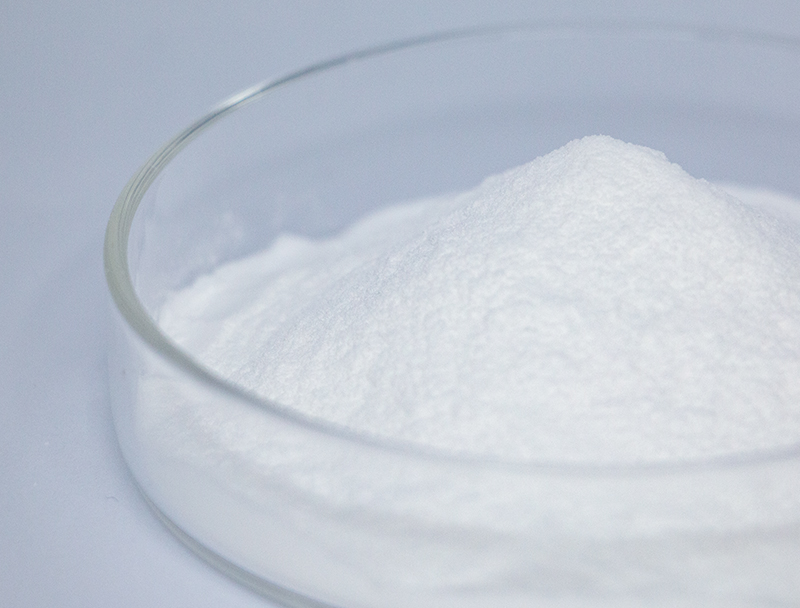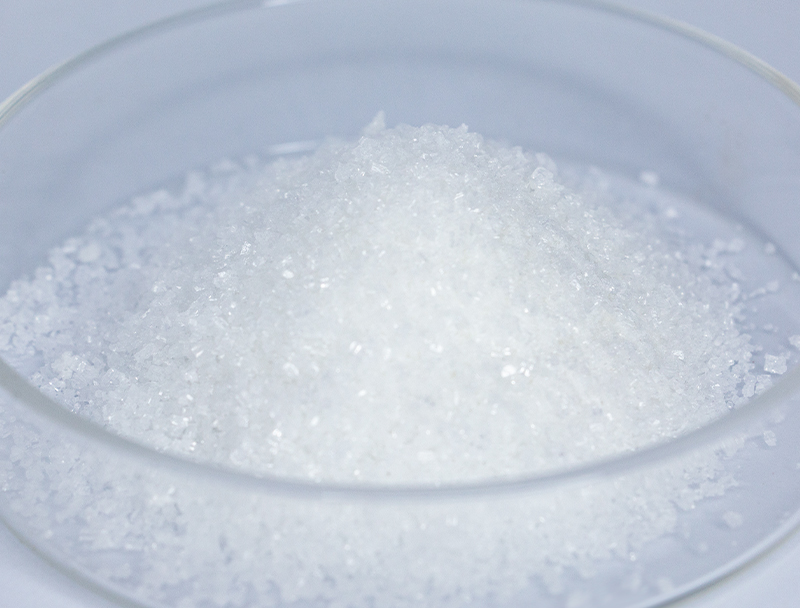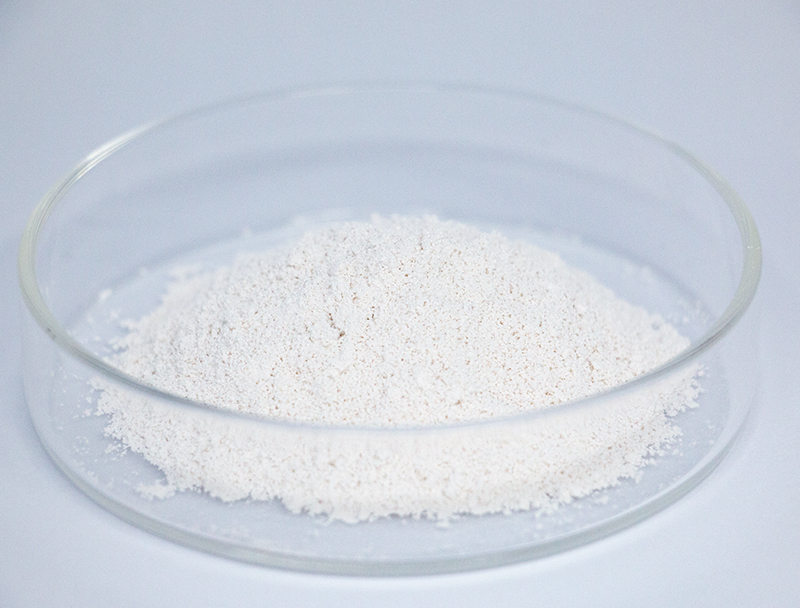
Large-scale bioproduction hinges upon a broad palette of base components to create novel bio-derived items.
Guaranteeing responsible procurement of such inputs underpins enduring viability and ethical market growth.
many concerns related to standard raw input procurement for instance pollution and systematic depletion of reserves. Therefore, biomanufacturing companies must actively seek out alternative sourcing strategies to minimize their ecological footprint.
- Samples of circular procurement methods cover:
- Leveraging biomass from food-processing residues
- Applying zero-waste frameworks to limit waste and optimize resource use
- Working with community-based suppliers that follow ethical standards
The transition to greener sourcing offers both planet-friendly outcomes and business advantages.
Refining Biomass Sources to Enhance Fuel Conversion
Raising biofuel yields involves refining feedstock structure and content. Technologists actively pursue refinements to increase feedstock efficiency, achieving increased output and long-term energy sustainability. Tactics include molecular breeding to increase biomass and chemical or physical pretreatments to release sugars.
- Moreover, investigations target novel feedstocks like microalgae, municipal residues, and field residues to widen the pool of renewable biomass for biofuel use.
- Via sustained research the industry stands ready to accomplish considerable improvements that enable a greener energy transition.

Optimizing Early-Stage Biomanufacturing Processes
involves foundational activities from cultivation to biomass harvest Recent progress has advanced techniques that maximize productivity and increase output.
Salient improvements involve specialized expression hosts, fine-tuned media strategies, and next-gen bioreactor concepts. These refinements escalate production and lower expenses and environmental strain.
- Also, evolving practices favor continuous flow processing which supports more agile upstream control.
- This transition to advanced manufacturing techniques is set to transform the sector and accelerate therapeutic timelines.

Innovations in Gene Editing for Improved Biopharmaceutical Yield
innovations in genome-editing toolsets have enhanced biopharmaceutical manufacturing. By precisely targeting genes within host organisms, researchers can enhance the yield of valuable therapeutic proteins. This route supports the creation of more affordable and productive treatments for multiple disorders.
Microbial Approaches to Effective Bioremediation
cutting-edge microbial approaches that remediate contamination sustainably. Selected microbial cultures can remediate contaminants through biodegradation pathways.. Leveraging microbial biotransformation promotes sustainable remediation that curbs industrial environmental impacts.. Study groups probe microbial metabolic diversity to tackle metals, persistent pesticides, and hydrocarbon spills.. Microbial cultures can function in contained bioreactors or be deployed onsite to facilitate biodegradative remediation..
Microbial remediation approaches present key benefits relative to classic remediation methods. Microbial remediation can cut expenses and limit harmful secondary emissions. In addition, microbial approaches enable pollutant-specific treatment without broad ecological disruption. Research progresses swiftly to enhance microbial remediation efficiency and practical effectiveness.
The Role of Bioinformatics in Drug Discovery and Development
Computational biology approaches are becoming vital across contemporary drug R&D. From target selection to safety profiling, bioinformatics empowers rapid, data-informed therapeutic design.
- Through evaluating comprehensive genomic, proteomic, and clinical data, teams detect novel targets and predict drug action.
- Moreover, bioinformatics contributes to drug design by simulating the interactions between drugs and their targets, ultimately leading to the development of more effective drugs.
- In the end, informatics-driven methods streamline development and accelerate delivery of therapeutic solutions to patients.
Metabolic Engineering Strategies for Enhanced Bioproduct Synthesis
utilizes multiple approaches to enhance production of desirable bioproducts in cells. Programs use genetic redesign of metabolic networks, dynamic regulation of expression, and addition of heterologous genes to unlock new capabilities. Through careful adjustment of metabolic routes engineers can markedly elevate product titers.
This multifaceted approach has the potential to revolutionize a broad range of industries, including biopharmaceuticals, agriculture, and bioenergy.

Challenges and Opportunities in Scaling Up Biopharmaceutical Production
Commercializing biopharma production involves significant constraints and promising benefits. Maintaining consistent product attributes with scale-up remains a central difficulty. Tackling it demands tightly integrated control systems, precise surveillance, and state-of-the-art analytics.

Another concern is that L-Carnosine bioprocessing workflows are inherently complex and multi-staged.. Scaling optimization is a resource-intensive task that calls for substantial innovation and study.. Even so, the payoff can be large. Well-executed upscaling can improve therapy access, decrease costs, and enhance economic performance.
Multiple programs focus on resolving scale-up difficulties. Examples include novel optimization technologies, predictive analytics for real-time control, and inventive production models.
- Innovation programs are essential to expand production competencies.
- Oversight institutions are updating guidelines to ease approval of manufacturing advances and catalyze innovation.
Regulatory Strategies for Biopharma Compliance and Patient Protection
Engineering biologic therapies includes robust governance to assure patient safety and measure effectiveness. Therapies derived from biological organisms carry special considerations not typical of conventional pharmaceuticals.
Agencies such as the FDA in the United States and the EMA in Europe play a crucial role in establishing guidelines and standards for the approval of these innovative therapies..
Thorough testing frameworks are compulsory during all stages of development including after market release.. The measures work to spot potential hazards and validate that therapies reach demanding safety levels..
Similarly, regulators iteratively adjust approaches to accommodate emerging biopharmaceutical breakthroughs.. Programs embrace modern technologies and foster development speed while maintaining patient-centered safeguards.

Assessing Plant Biomass Pathways for Bioplastic Innovation
A stronger push for environmentally responsible materials is driving research into renewable options. Among these, bioplastics, produced from plant-derived biomass feedstocks, offer a promising avenue towards a greener future. Organic feedstocks like cornstarch, cellulose, and sugarcane can be converted to compostable polymers that shrink the environmental footprint of plastics.
Additionally, many plant-based bioplastics show performance characteristics similar to conventional plastics for numerous uses.. Persistent innovation will be key to advancing plant biomass into mainstream bioplastic manufacturing for a circular future.
Biotech Contributions to Global Health and Crop Productivity
Emerging biotechnologies deliver avenues to improve health outcomes and secure food resources. Using genome engineering, synthetic biology techniques, and cell-based treatments, innovators devise ways to tackle pathogens, amplify yields, and improve nutrition.. For instance, genetically modified crops can be engineered to resist pests and environmental stresses, leading to increased agricultural production and reduced reliance on harmful pesticides.. Likewise, biotechnology enables new vaccines, novel therapeutics, and improved diagnostics essential to global disease mitigation and better health.. Continued scientific progress suggests biotechnology will increasingly underpin healthier, more sustainable societies worldwide.
